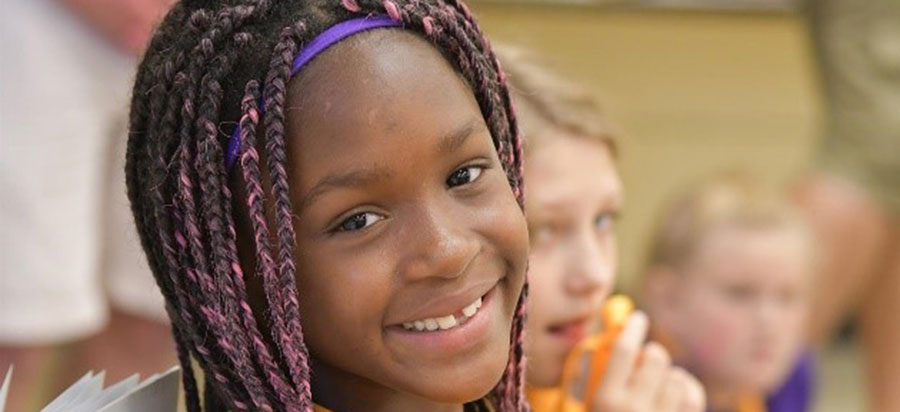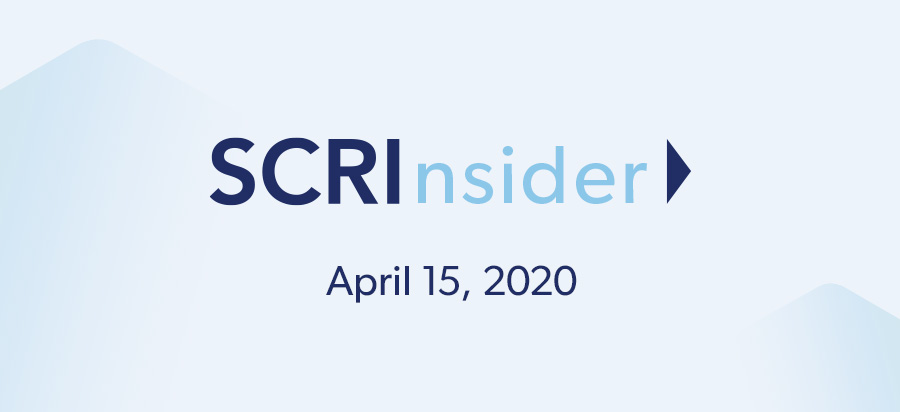Abstract
In Their Own Words: What Scholars Say About Social-Emotional Skill Development in Summer Abstract Summer learning programs have enormous potential to positively impact social-emotional skill development in youth. BellXcel supports the whole child with a comprehensive and evidence-based social- emotional learning (SEL) approach focused on six key skill areas: growth mindset, self-awareness, self-regulation, responsible decision making, social awareness, and interpersonal skills. While research shows that SEL interventions during the school year are having a positive impact on youth, is five or six weeks of summer programming long enough to also positively impact SEL development in youth? To measure growth in SEL skills, BellXcel administers the Partnerships in Education and Resilience (PEAR) Holistic Student Assessment (HSA) at the end of the program to scholars in Grades 4 and higher. In addition to the HSA questions, BellXcel administers additional survey questions, including open-ended questions asking scholars to list one or two ways in which they’ve improved during the summer program. To explore the question of impact in SEL skills during a five- or six-week summer program, BellXcel analyzed quantitative and qualitative survey results.
Quantitative results from the HSA survey questions showed strong, statistically significant growth across the six BellXcel SEL skill areas. To complement the quantitative survey results, BellXcel conducted an in-depth qualitative analysis of the open-ended survey results to highlight specific areas of growth according to the scholars’ own words.
This analysis uncovered a depth of insights about how scholars are responding to BellXcel’s summer SEL programming, including:
- improved self-confidence,
- recognizing how hard work helps achieve goals,
- awareness of the importance of kindness toward others,
- knowledge of how to manage emotions,
- development of critical thinking skills,
- the importance of reflecting on the consequences of decisions,
- understanding of one’s own feelings,
- acknowledgment of others’ feelings,
- understanding the value of friendships, and
- trusting teachers.
The analysis also showed the power of infusing SEL into every component and activity of a program. Numerous scholars spoke to their experience of SEL skill development in a math or literacy classroom experience.




